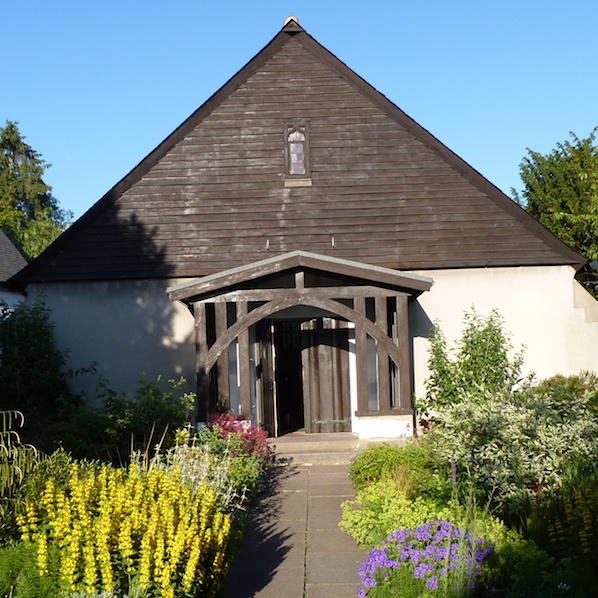‘Then Jesus came from Galilee to the Jordan to be baptized by John. But John tried to deter him, saying, “I need to be baptized by you, and do you come to me?” Jesus replied, “Let it be so now; it is proper for us to do this to fulfil all righteousness” (that is to say, to perform completely whatever is right). Then John consented.’ (Matthew 3:13-15).
The big question is why it was considered necessary that Jesus should undergo John the Baptist’s baptism in the river Jordan. Had he, who was without sin, a need for the forgiveness of sins? Obviously not. A number of other suggestions have been made, some more compelling than others.
The big question is why it was considered necessary that Jesus should undergo John the Baptist’s baptism in the river Jordan. Had he, who was without sin, a need for the forgiveness of sins? Obviously not. A number of other suggestions have been made, some more compelling than others.
1. Jesus’ baptism was an example to us of what we should do.
2. Jesus’ baptism is a pledge of our own adoption into the family of God.
3. His baptism was a confirmation that he was the One sent from heaven.
4. His baptism showed His dependence on God, just as we should be dependent on Jesus.
5. His baptism validated John the Baptist’s ministry and vice versa.
6. Though himself without sin, through his baptism He identified Himself with sinners.
7. His baptism indicated the beginning of His public earthly ministry which ended with His baptism on the cross.
8. His baptism ‘fulfilled all righteousness’: he did that which was expected of him so that his sonship might be acknowledged by God.
The Trinity is revealed through the act of baptism. The Father makes his presence known by declaring his approbation of his Son; being invisible, only his voice is heard from heaven. The Spirit is made known as he descends upon Jesus for the purpose of enduing him with special power at the beginning of his public ministry. The Son is present in human flesh. The baptism is a crucial point in Christ’s ministry. He is inaugurated as the Messiah, the bringer of God’s salvation, the fulfiller of all prophetic utterances. He calls us to follow his example: ‘For to this you were called, because Christ also suffered for us, leaving us an example, that you should follow His steps.’
The Trinity is revealed through the act of baptism. The Father makes his presence known by declaring his approbation of his Son; being invisible, only his voice is heard from heaven. The Spirit is made known as he descends upon Jesus for the purpose of enduing him with special power at the beginning of his public ministry. The Son is present in human flesh. The baptism is a crucial point in Christ’s ministry. He is inaugurated as the Messiah, the bringer of God’s salvation, the fulfiller of all prophetic utterances. He calls us to follow his example: ‘For to this you were called, because Christ also suffered for us, leaving us an example, that you should follow His steps.’
